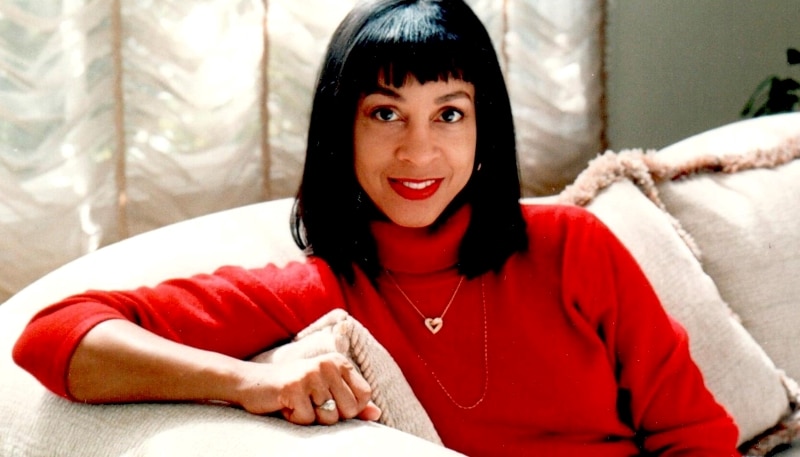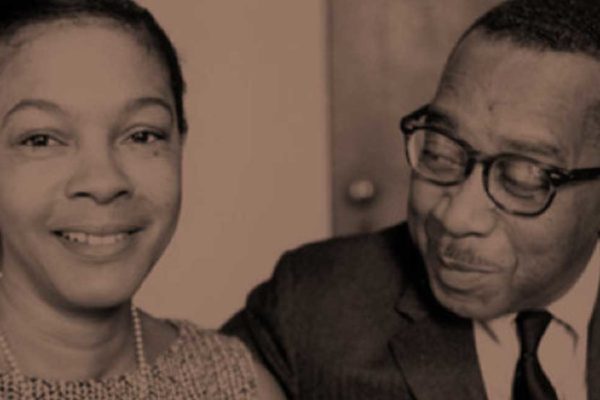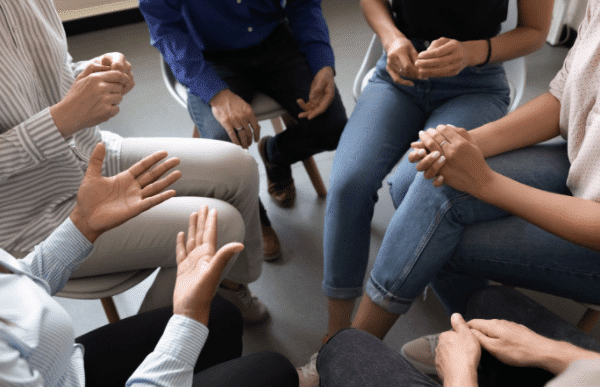African American Leaders Impacting Addiction Medicine and Mental Health

Today we celebrate Bebe Moore Campbell as part of our ongoing series spotlighting African Americans who have advanced the fields of mental health and addiction medicine. Bebe was a mental health advocate, author, and journalist who worked to shed light on the mental health needs of underrepresented communities. She was the author of three New York Times bestsellers: Brothers and Sisters, Singing in the Comeback Choir, and What You Owe Me. Bebe’s interest in mental health can be especially felt in her children’s book, Sometimes My Mommy Gets Angry, which won the National Alliance on Mental Illness (NAMI) Outstanding Literature Award for 2003.
In addition to her work as a writer, Bebe was a member of the National Alliance for the Mentally Ill and a founding member of NAMI-Inglewood, which serves as a safe place for Black people to talk about mental health challenges. In 2008, Congress honored her contributions through the creation of Bebe Moore Campbell National Minority Mental Health Awareness Month designed to bring awareness of mental illness and the unique struggles underrepresented groups continue to face in the United States.
In 2005, she was quoted as saying, “Once my loved ones accepted the diagnosis, healing began for the entire family, but it took too long. It took years. Can’t we, as a nation, begin to speed up that process? We need a national campaign to destigmatize mental illness, especially one targeted toward African Americans…It’s not shameful to have a mental illness. Get treatment. Recovery is possible.”
Learn About Bebe Moore Campbell National Minority Mental Health Awareness Month here.
At Master Center, we recognize that diversity, inclusion, and belonging in all forms creates a stronger workplace and enhances the quality of care for our patients. We strive to create an inclusive environment for anyone struggling with the complex, yet treatable disease of addiction, regardless of race, ethnicity, religion, sexual orientation, gender identity or disability. If you or someone you love is ready to discover the joys of recovery, please use this contact form to learn more about our broad range of drug dependence rehabilitation, social support services, continual assessment, recovery coaching, and peer-based models that are defining a new standard in addiction medicine. Our compassionate team is ready to welcome you and to help you transition from addiction to recovery.


